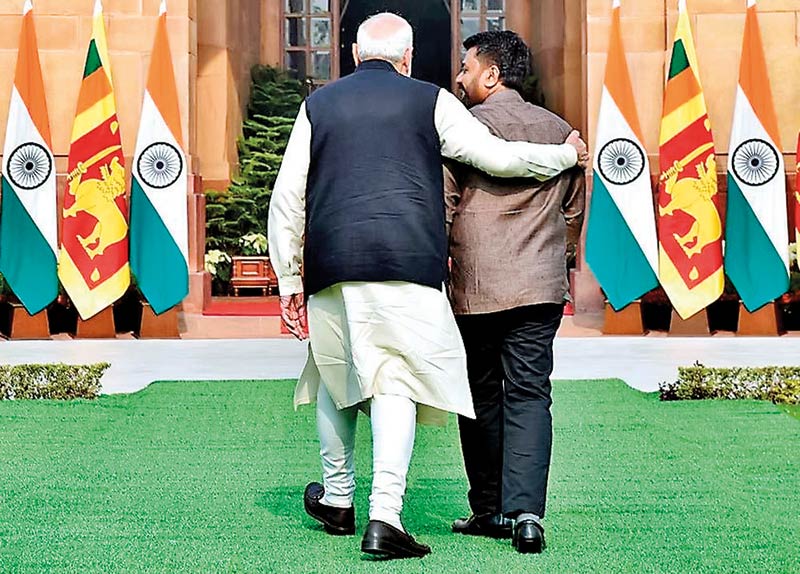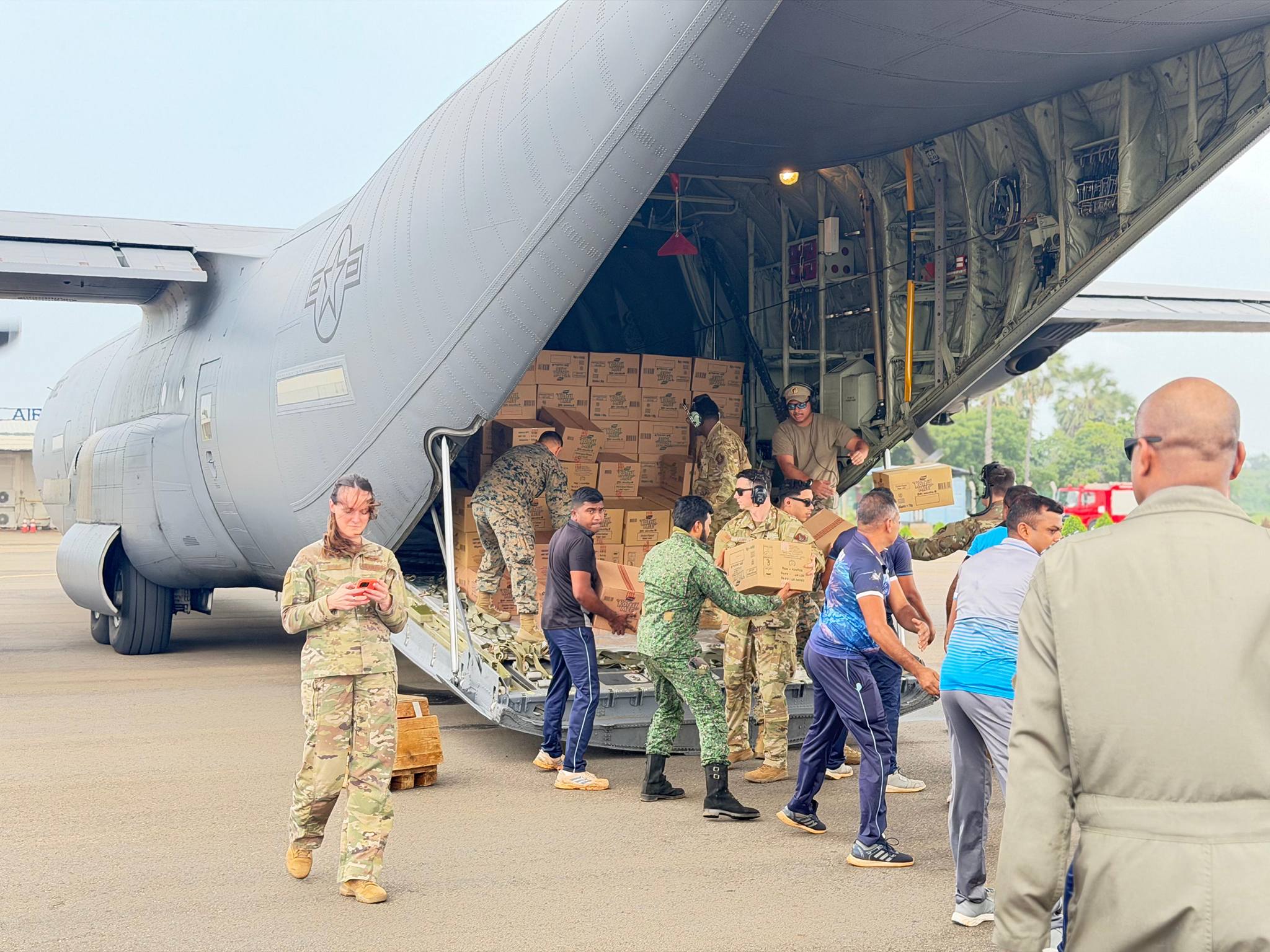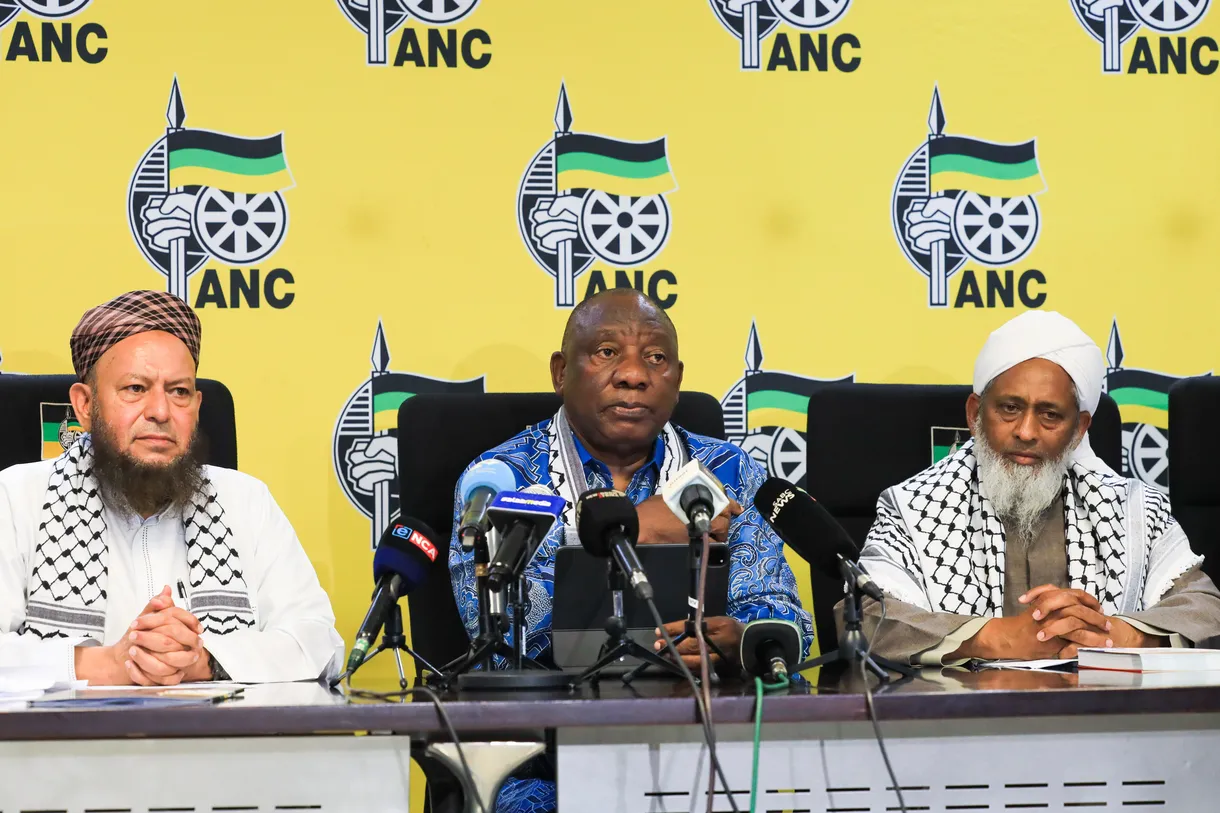The speculation about India’s future response to Sri Lanka’s ethnic issue is now more significant than ever. This heightened importance originated from the joint press meeting at the end of President Anura Kumara’s official visit to New Delhi. At the meeting, Prime Minister Modi did not explicitly mention the 13th Amendment. Instead, he emphasized the “commitment towards fully implementing the Constitution of Sri Lanka and conducting the Provincial Council elections,” subtly referencing the 13th Amendment without naming it directly.
Given the JVP’s rare majority and its negative stance on the Indo-Sri Lanka Accord, describing India as ‘interventionist,’ one might speculate whether New Delhi chose to sidestep these issues during the initial meeting to avoid any awkwardness. Alternatively, did New Delhi deem it inappropriate to emphasize the 13th Amendment when a substantial Tamil population in the North and East, especially in Jaffna—regarded as the center of Tamil nationalist politics—voted for the National People’s Power in the parliamentary elections? Answers might also be based on speculation.
Reflecting on India’s participation in the Tamil issue in Sri Lanka, the first thing that strikes me is Anton Balasingham’s comments. As the ideologue of the LTTE, Balasingham expressed his views in an interview with the Deccan Herald, titled ‘We Need India‘. During the interview, he was asked why, after reaching an understanding with President Premadasa in 1989-90 and asserting that it was an internal problem of Sri Lanka in which India had no role, he now sought India’s involvement. Balasingham explained that at the time of the negotiations with President Premadasa, the LTTE was on the brink of destruction, fighting for survival against the IPKF. They entered into an understanding with Premadasa to escape annihilation. However, he noted that the situation had since changed, with renewed interest from India due to escalating violence. Balasingham simply put all the mistakes behind without taking responsibility.
Subsequently, during the closing stages of the war when the LTTE was on the brink of defeat, Balasingham admitted responsibility for the assassination of former Prime Minister Rajiv Gandhi and urged India to revisit the ethnic question from a different perspective, putting the past behind. He characterized the assassination of Gandhi as a ‘monumental historic tragedy’. However, by the time Balasingham communicated this ‘bad faith,’ it was too late.
As an astute observer of India’s involvement in the Tamil ethnic question in Sri Lanka, I have noticed that many politicians who claim to represent Tamil nationalism do not maintain a consistent approach towards India. Instead, they tend to seek New Delhi’s support only when needed, disregarding India’s interests once they are in a safe zone.
A notable instance of this took place after the Modi-led BJP assumed power in Bharat. Suresh Premachandran, leader of the EPRLF, a constituent party of the Tamil National Alliance (TNA), stated that all members of parliament from the alliance would visit New Delhi, regardless of whether Prime Minister Modi met them, to bring their issues to the attention of think tanks and the media. This move aimed to integrate the Tamil issue into the Indian mainstream discourse. The EPRLF, known for its pro-Indian stance, was the only armed organization, alongside the ENDLF, to participate in the provincial council election in 1988. Once, when I criticized the TNA’s lack of diplomatic efforts towards New Delhi, Premachandran explained it to me.
Sampanthan, then a leader of the TNA, immediately rejected this, stating that doing so would anger the Sinhalese people. Even when Sampanthan was the Leader of the Opposition from 2015 to 2018, he never visited New Delhi once. However, after losing his position, he repeatedly requested India to invite him to New Delhi. When Modi finally gave him the opportunity, Sampanthan asked the Indian Embassy to postpone the date, mentioning that he had to attend the wedding of Mavai’s son. Mavai Senathirajah was a leader of ITAK. This was Sampanthan’s response to an invitation from the Prime Minister of India, a regional power.
During President Maithripala Sirisena’s tenure, the leaders of the TNA acted on the basis that India’s support was not needed. They hoped that a new constitution could be brought in that ensured a solution beyond the 13th Amendment. During the period of the Ranil-Maithri government, TNA leaders repeatedly stated that they were closely working with Colombo to find a political solution. When that attempt ultimately failed, the TNA sought India’s support again. If we look at the TNA’s attitude, it is not much different from what the LTTE said during their collaboration with Premadasa.
Another striking example of this occurred during Maithri’s reign, when there was a conversation about setting up a coal power plant in Sampur, Trincomalee. Local environmental organizations, as usual, opposed the project. It is a practice in Sri Lanka to raise environmental concerns during Indian projects in the northern and eastern provinces. Sampanthan, who had objected to this project, warned the government that they would have to build the project over his dead body. Dharmalingam Siddharthan, then one of the senior leaders of the TNA, raised this matter to this writer. Due to the opposition, the project was converted into a 120 MW solar power plant. These instances reveal how Tamil nationalist politicians handle issues when it concerns India’s interests.
India’s policy on the Tamil ethnic question in Sri Lanka is clear and candid. While upholding the territorial integrity of Sri Lanka, India supports the shield of the legitimate rights of the Tamil minority in the North and East of Sri Lanka, a historic habitation defined by the Indo-Sri Lanka Accord. However, the advice given to the Tamils by India often ends up like blowing a conch shell into a deaf ear. Despite India’s consistent stance, Tamil politicians persist in writing letters to Prime Minister Modi, pressuring Colombo for a federal solution.
Tamil parties often promote slogans without acknowledging the fundamental truth that it is diplomatically unrealistic to expect a different stance from a country with a declared position. Since the time of Indira Gandhi, India has shown sympathy for the Tamils in Sri Lanka on the ethnic issue. For that, India still faces criticism from some southern pockets based on its past.
Strengthening the provincial council system is beneficial for Sri Lanka’s development. As Prime Minister Modi pointed out in his address to the Sri Lankan parliament in March 2015, “I am a firm believer in cooperative federalism. So, we are devolving more power and more resources to the states. And, we are making them formal partners in national decision-making processes.” However, Tamil nationalists have misinterpreted the term “cooperative federalism” and have urged India to support a federal solution. In my perspective, the Prime Minister advocated for a vibrant provincial administration for Sri Lanka.
In post-war bilateral discussions between Sri Lanka and India, New Delhi has consistently conveyed its perspective on the ethnic issue. It is recommended that the Tamil community should heed India’s direction to secure its assistance.




